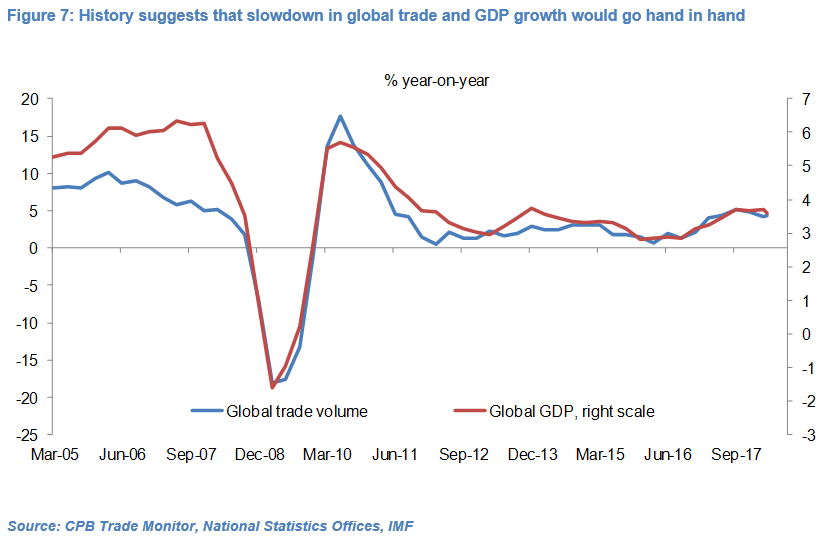Fixed Income Research & Macro Strategy (FIRMS) from Olivier Desbarres at 4X Global Research
- Developed and emerging market central banks have started to “normalise” monetary policy, albeit at a slow pace.
- However, they have been largely powerless to deal with the negative side-effects of their arguably extreme, post-financial crisis measures.
- It has thus been incumbent in recent years on governments to tackle issues such as modest wage growth and income inequality, as well as broader structural problems including slow productivity growth, balance of payment stresses and mass immigration, and the less tangible matters of national unity and sovereignty.
- National governments have had, at best, mixed results which has contributed to electorates across the world voting in ways which would have been inconceivable ten years ago, with Brexit and Donald Trump’s election amongst the most notable examples.
- Moreover, in response or independently, governments and leaders from the US, China European Union and UK to Russia, Turkey and South Africa have upped the ante and enacted (or threatened to enact) arguably radical, sometimes unprecedented policies.
- These include protectionist measures, policies relating to mass immigration and leaders taking drastic steps to shore up their domestic authority and national unity.
- In essence the world has swapped one form of extreme policies for another and, as was the case for central banks’ post crisis measures, there are actual and potential side-effects and costs to these government measures.
- This time round governments (and voters) are the ones arguing that the price is worth paying but the questions are the same as a decade ago, namely whether the price in indeed worth paying, who will pay the price and when is the price no longer worth paying.
- The cost-benefit analysis is complex but, at this stage, there are compelling arguments which suggests that the price may not be worth paying and that those who will likely foot the bill are those least able to
Latest posts by Ryan Littlestone (see all)
- The last NFP competition of 2022 - December 1, 2022
- Will this month’s US NFP be a horror show? - October 4, 2022
- US NFP competition – Do you think there’s going to be a turn in the US jobs market? - August 31, 2022


